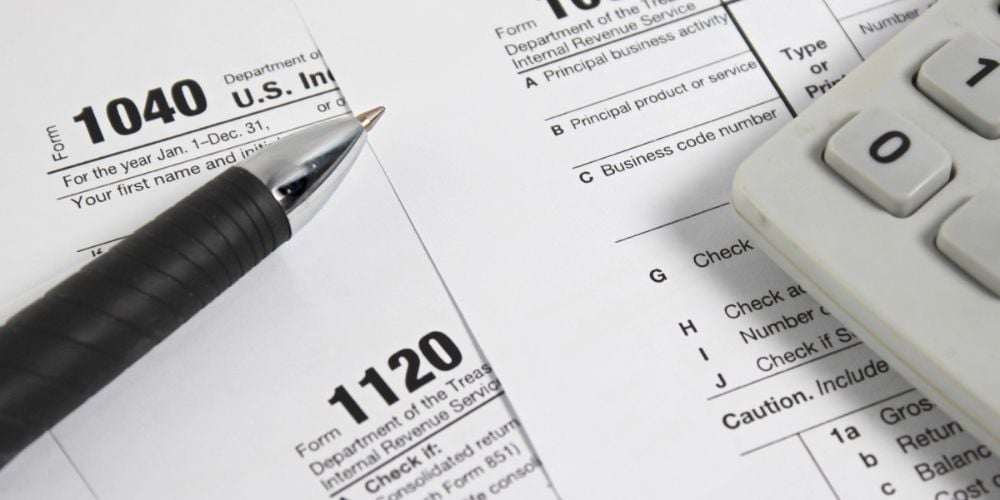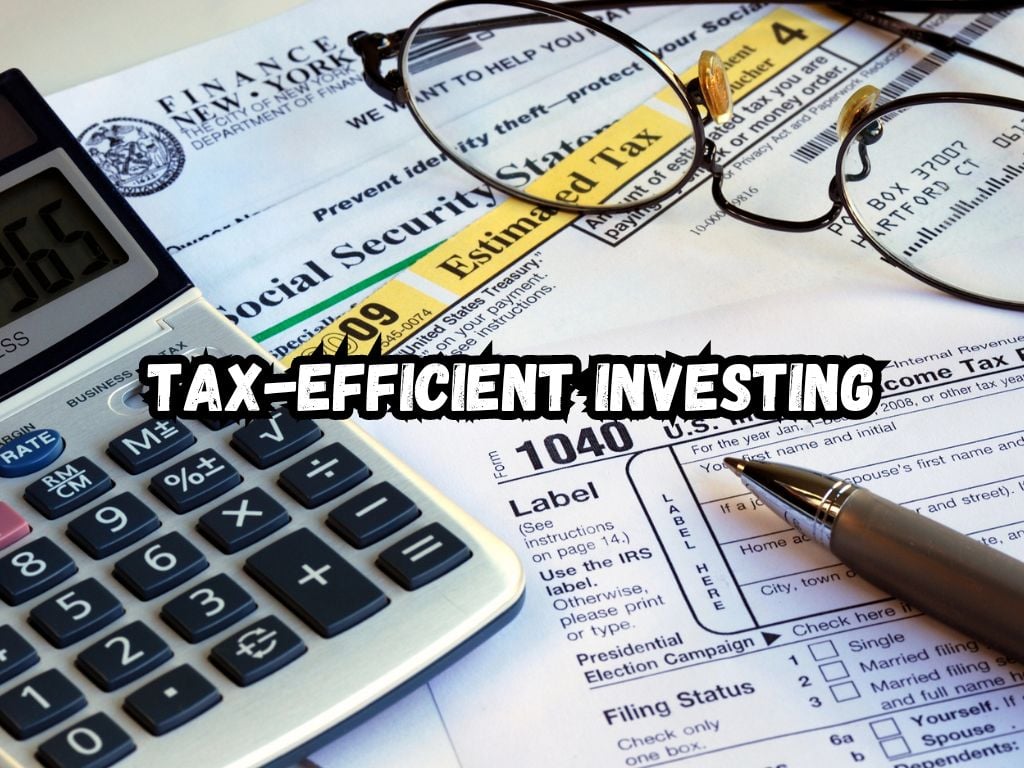Investing wisely is the first step toward building a solid financial future. Yet, the path to maximizing investment returns doesn’t end with picking the right assets.
An often-overlooked aspect is how taxes can eat into those returns. Here’s where tax-efficient investing becomes crucial.
This comprehensive guide sheds light on what tax efficient investing is, its importance, and strategies to make your investment portfolio as tax-friendly as possible.
Understanding Tax-Efficient Investing
Tax-efficient investing is about choosing investments and strategies that minimize tax payments. The goal is to keep more of what you earn by reducing the tax impact on your investments.
Taxes can vary based on the type of investment, how long you hold it, and the income you make.
By navigating these waters wisely, you enhance your returns without taking on additional risk.

Why Is It Important?
Taxes can significantly reduce your investment earnings. For example, short-term capital gains are taxed at a higher rate than long-term gains. Without a focus on tax efficiency, investors can find a large portion of their returns going to tax payments, not to their own wealth building.
Tax-Efficient Investing: A Comprehensive Guide
Here we dive into effective strategies to make your investment journey more tax-efficient.
Considering Asset Location
Not all investment accounts are taxed equally. Traditional IRAs and 401(k)s, for example, offer tax-deferred growth, meaning you won’t pay taxes until you withdraw funds.
Roth IRAs and Roth 401(k)s, meanwhile, provide tax-free growth, as contributions are made with after-tax dollars.
Knowing where to hold different types of investments can optimize your tax situation.
Making Smart Choices about Asset Allocation
Different investments have different tax implications. Bonds, for instance, generate interest income, which is usually taxed at your ordinary income tax rate.
Stocks held for over a year, on the other hand, benefit from lower long-term capital gains tax rates.
Matching the right assets to the right types of accounts can save you money come tax time.
Taking Advantage of Tax-Loss Harvesting
Market fluctuations are normal. However, they can be an opportunity to reduce your taxes through a process called tax-loss harvesting. This involves selling investments that are at a loss and using those losses to offset gains elsewhere in your portfolio.
If done carefully, this strategy can enhance your portfolio’s after-tax returns.
Understanding the Role of Tax-Efficient Funds
Some mutual funds and exchange-traded funds (ETFs) are designed to be tax-efficient. These funds focus on minimizing taxable distributions, which is beneficial for those holding the funds in taxable accounts.
Choosing these funds for your non-retirement accounts can be a smart move.
Utilizing Gifting and Donations Strategically
If you have investments that have significantly appreciated, donating them directly to a charity or into a donor-advised fund can provide tax benefits.
You avoid the capital gains tax that would be due upon selling the assets, and you can receive a tax deduction for the donation.
Considering Timing in Realizing Gains and Losses
Timing can play a crucial role in tax-efficient investing. Holding onto investments for more than a year to benefit from lower long-term capital gains tax rates is one example.
Additionally, timing the sale of investments to match with years where you might be in a lower tax bracket can also save money.
The Role of Estate Planning
Tax-efficient investing also involves thinking about the future. Estate planning and considering how your investments will be taxed when passed on to heirs is important.
Strategies such as step-up in basis for stocks and taking advantage of gift tax exemptions can play significant roles.
Observing Market Changes and Legislative Updates
Tax laws and market conditions change. Staying informed about current laws and potential legislative changes is vital.
Such awareness can lead to adjustments in your investment strategy to remain tax-efficient.

Challenges to Keep in Mind
Tax-efficient investing is powerful, but it’s not without its challenges. Over-focusing on tax considerations can lead to missed investment opportunities or excessive conservatism.
Balance is key. It’s also essential to stay within legal boundaries to avoid complications with the IRS.
How to Begin with Tax-Efficient Investing?
Starting with tax-efficient investing involves a few key steps. Assess your current portfolio and consider how taxes are affecting your returns.
Next, look into the strategies mentioned above and see which could apply to your situation.
Consulting a financial advisor with experience in tax planning can offer customized advice and insights.
Frequently Asked Questions
What causes some investments to be more tax-efficient than others?
Tax efficiency is influenced by the type of investment, the income it generates, and how long you hold it. For instance, stocks held long-term are more tax-efficient than short-term trades due to lower capital gains rates.
Can tax-efficient investing guarantee higher returns?
While not a guarantee, tax-efficient investing aims to enhance after-tax returns. The strategies involved help to keep more of your investment earnings.
Is it worth focusing on tax efficiency in retirement accounts?
Tax efficiency is more about accounts where you pay taxes on investment gains, like taxable brokerage accounts. Retirement accounts have their own set of tax rules.
How often should I review my tax-efficient investing strategies?
Reviewing your strategy annually or whenever there are significant changes in tax laws, your financial situation, or investment goals is wise.
Does tax-efficient investing mean I should avoid certain types of investments?
Not necessarily. Tax-efficient investing involves smart placement of investments across accounts and choosing the right times to buy or sell. It’s about optimizing rather than avoiding.
Conclusion
Tax-efficient investing is a critical component of a successful investment strategy. By understanding the impact of taxes on your investments and employing strategies to minimize them, you can significantly enhance your returns.
This guide offers a starting point, but continuous learning and professional advice are invaluable as you seek to optimize your investment portfolio for tax efficiency.
Remember, it’s not just about how much you make, but also how much you keep after taxes.


 Tags:
Tags:










